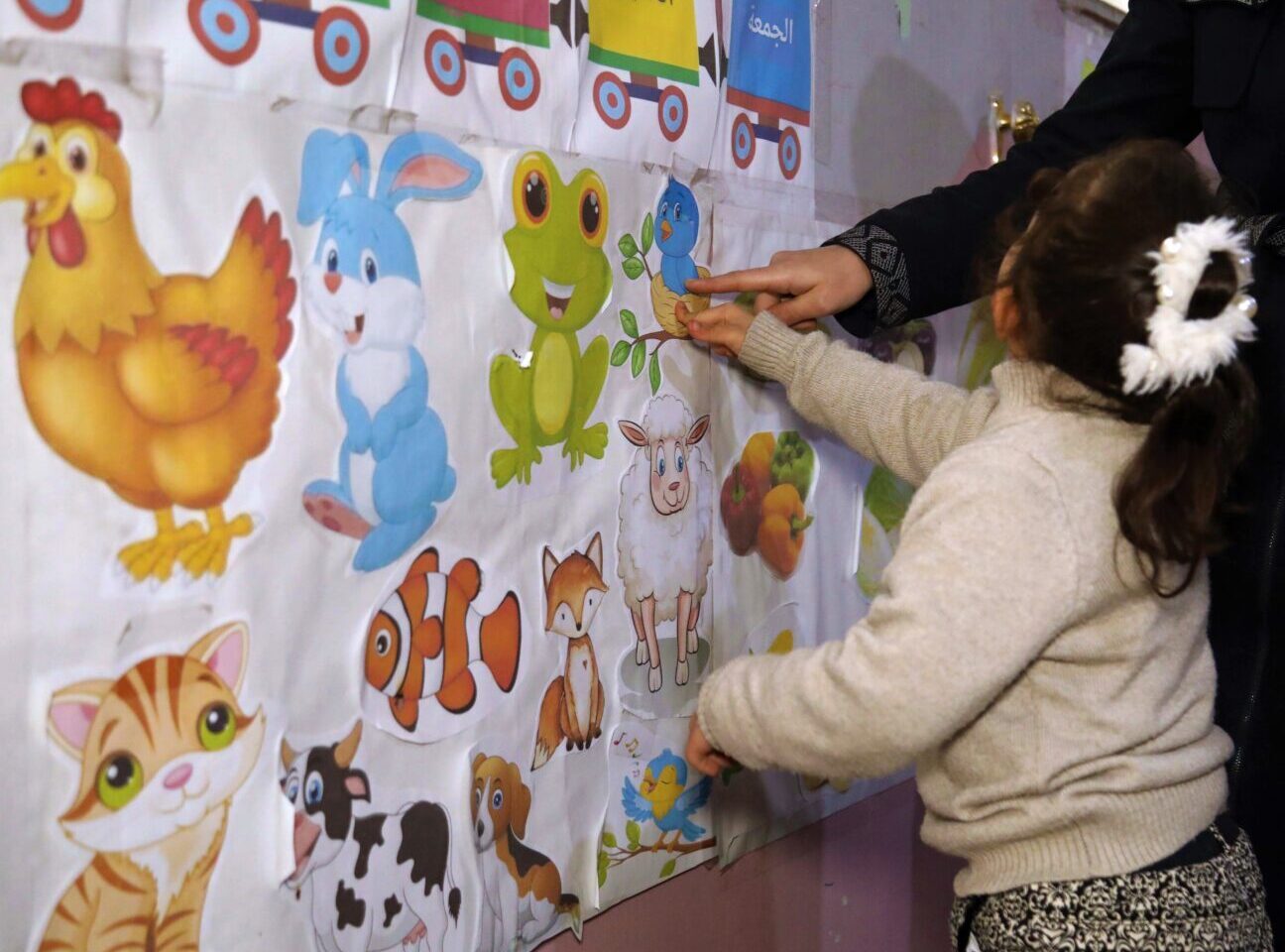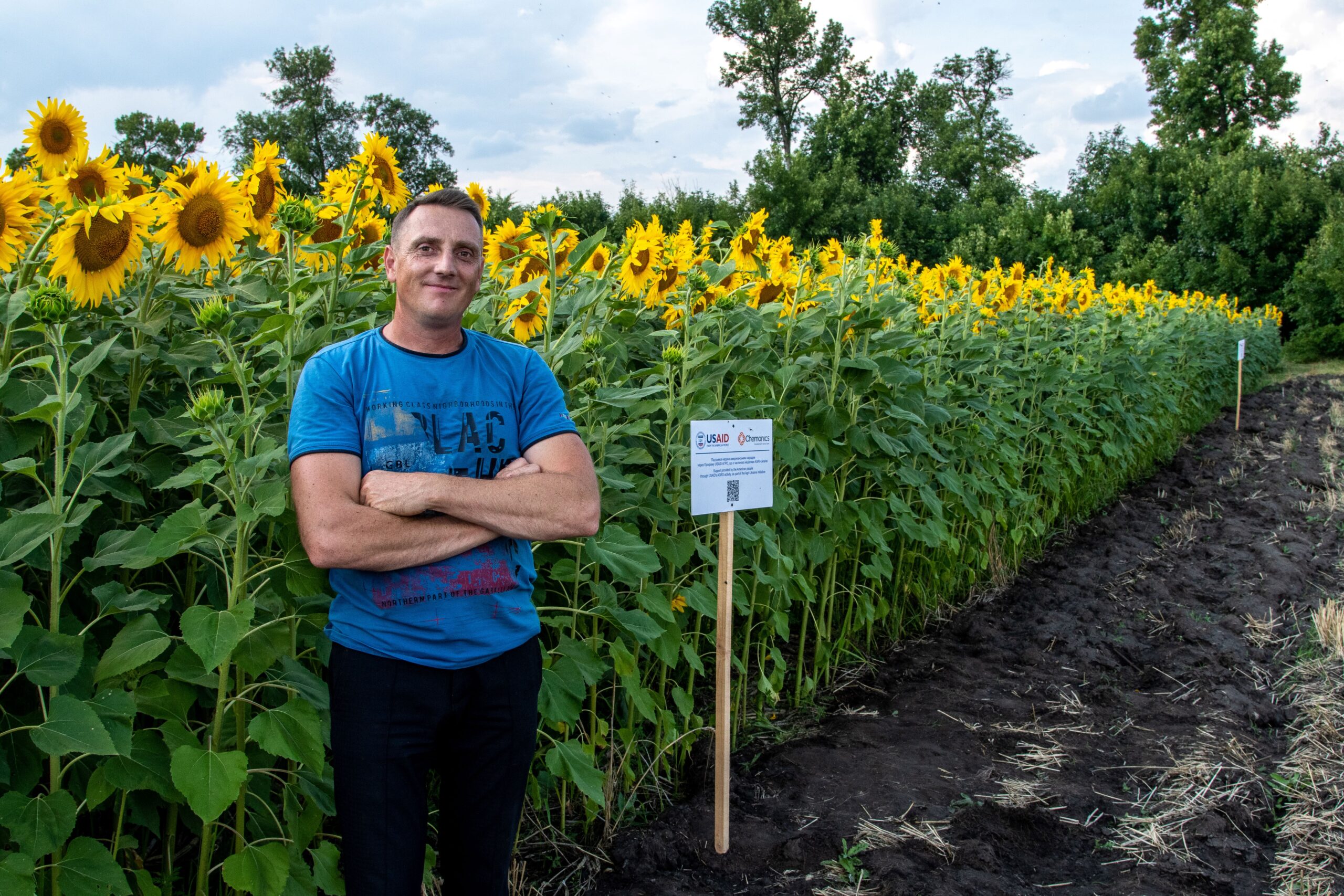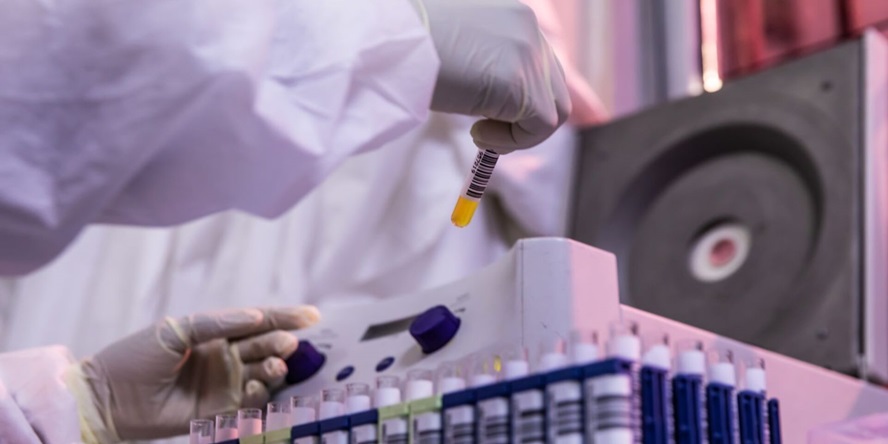Lily, a nine-year-old girl with Down’s syndrome from northwest Syria, missed crucial early school years due to inaccessible classrooms and a shortage of trained educators – challenges intensified by regional conflict and instability that made basic services difficult to access.
Determined to advance their daughter’s education, Lily’s parents began searching for a place where she could develop friendships, experience new adventures, and lead a fulfilling life. Initially, her mother enrolled her in a nearby center for children with disabilities, but it proved inadequately equipped to address Lily’s specialized mental health needs or protect her from harm, resulting in Lily showing signs of anti-social behavior.
Refusing to abandon hope, Lily’s mother continued searching for a suitable school where her daughter would be safe and receive personalized care. Shortly after, she discovered a center providing inclusive education and quality support for children with disabilities operated by the Syria Education Programme (Manahel), which serves primary school-aged children.
The Manahel programme supports 157 schools with comprehensive technical assistance including literacy and numeracy instruction, psychosocial support, and safeguarding measures. Within these schools, the programme has established 34 specialized education centers to facilitate future student integration, supporting 182 children total (51% female). Manahel has trained numerous teachers in inclusive education methodologies, mental health promotion, and the identification of psychological, social, and behavioral concerns.
When meeting with staff, Lily’s mother detailed her daughter’s requirements and previous negative experiences. An experienced special education teacher reassured her by explaining the support programme and sharing her extensive background working with children with similar needs. The teacher outlined the school’s integration approach and how she would develop an individualized education plan to help Lily transition into mainstream classes. This conversation finally gave Lily’s mother confidence that she had found an environment where her daughter could thrive.
After Lily’s arrival, the teacher spent several days helping her adjust and assessing her specific needs. She created a detailed Individual Education Plan outlining Lily’s requirements and the services the school would provide to meet them. This plan established objectives designed to build Lily’s confidence and develop positive social interactions with peers.
During her first year at the special education center, Lily made remarkable progress toward her goals. She demonstrated exceptional curiosity about her surroundings and eagerness to engage with others. Despite the complexity of her case, she successfully learned to identify various colors and shapes, perform basic arithmetic, and significantly improved her social skills. Her mother expressed deep appreciation for her teacher’s dedication and outstanding work.
To protect individuals involved in the Syria Education Programme, all names of people and locations have been altered or removed, along with any identifying information.
The Syria Education Programme (Manahel) is funded by UK aid from the UK government and implemented by Chemonics. Manahel provides children in Syria access to safe, inclusive, and quality learning opportunities while strengthening the capacity of education actors to effectively manage education.




